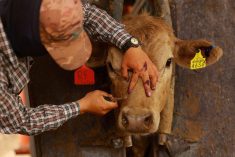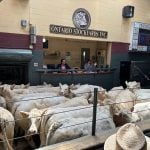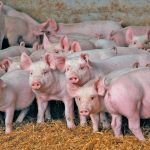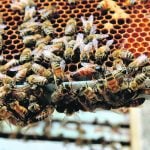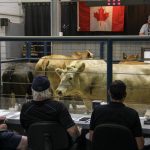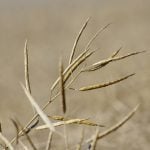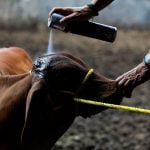Chicago | Reuters — A six-year-old beef cow in Florida tested positive for bovine spongiform encephalopathy (BSE), the U.S. Department of Agriculture said on Wednesday.
The animal tested positive for atypical H-type BSE on Aug. 26 at the Colorado State University’s veterinary diagnostic laboratory, as part of routine surveillance of cattle that are found to be unfit for slaughter, the agency said.
The cow was destroyed, and “never entered slaughter channels and at no time presented a risk to the food supply, or to human health in the United States,” the agency said in a statement.
Read Also
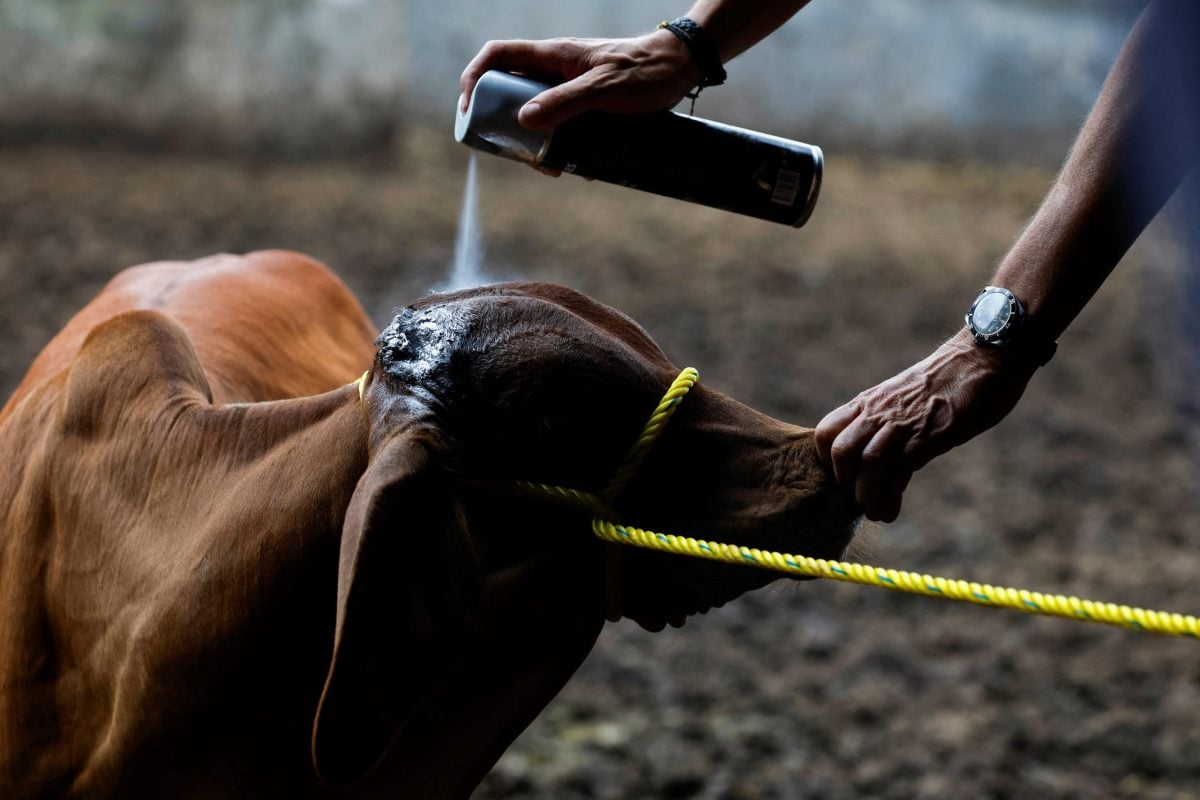
Mexico reports 53 per cent increase in flesh-eating screwworm cases since July
Mexico has recorded 5,086 cases of flesh-eating screwworm in animals as of August 17, a 53 per cent jump from the number of cases reported in July, according to Mexican government data seen by Reuters on Wednesday.
USDA Animal and Plant Health Inspection Service and Florida veterinary officials are continuing to look into the case. Officials with Florida Department of Agriculture and Consumer Services could not be immediately reached for comment.
Atypical BSE occurs rarely and spontaneously in cattle, so there is no association with contaminated feed or ingestion of infected materials, said APHIS spokeswoman Lyndsay Cole.
“As part of the investigation, however, we will look at offspring of the affected animal, as well as animals that were born in the same location at the same time as the affected animals,” Cole said in an e-mail to Reuters.
There are two forms of BSE: atypical and classic.
First detected in Britain in the 1980s, classic BSE ravaged herds in parts of Europe until the early 2000s and was linked to the brain-wasting Creutzfeldt-Jakob disease in humans. In 1997, a ban was instituted on the use of cattle feed containing brain or spinal tissue, which can result in transmission of the disease.
This is the U.S.’s sixth detection of BSE. Of the five previous U.S. cases, the first — in Washington state in 2003 — was a case of classical BSE from a cow imported from Canada. The rest have been atypical (H- or L-type) BSE: Texas in 2005, Alabama in 2006, California in 2012, and Alabama in 2017.
— P.J. Huffstutter reports on agriculture and agribusiness for Reuters from Chicago; additional reporting by Michael Hirtzer.



